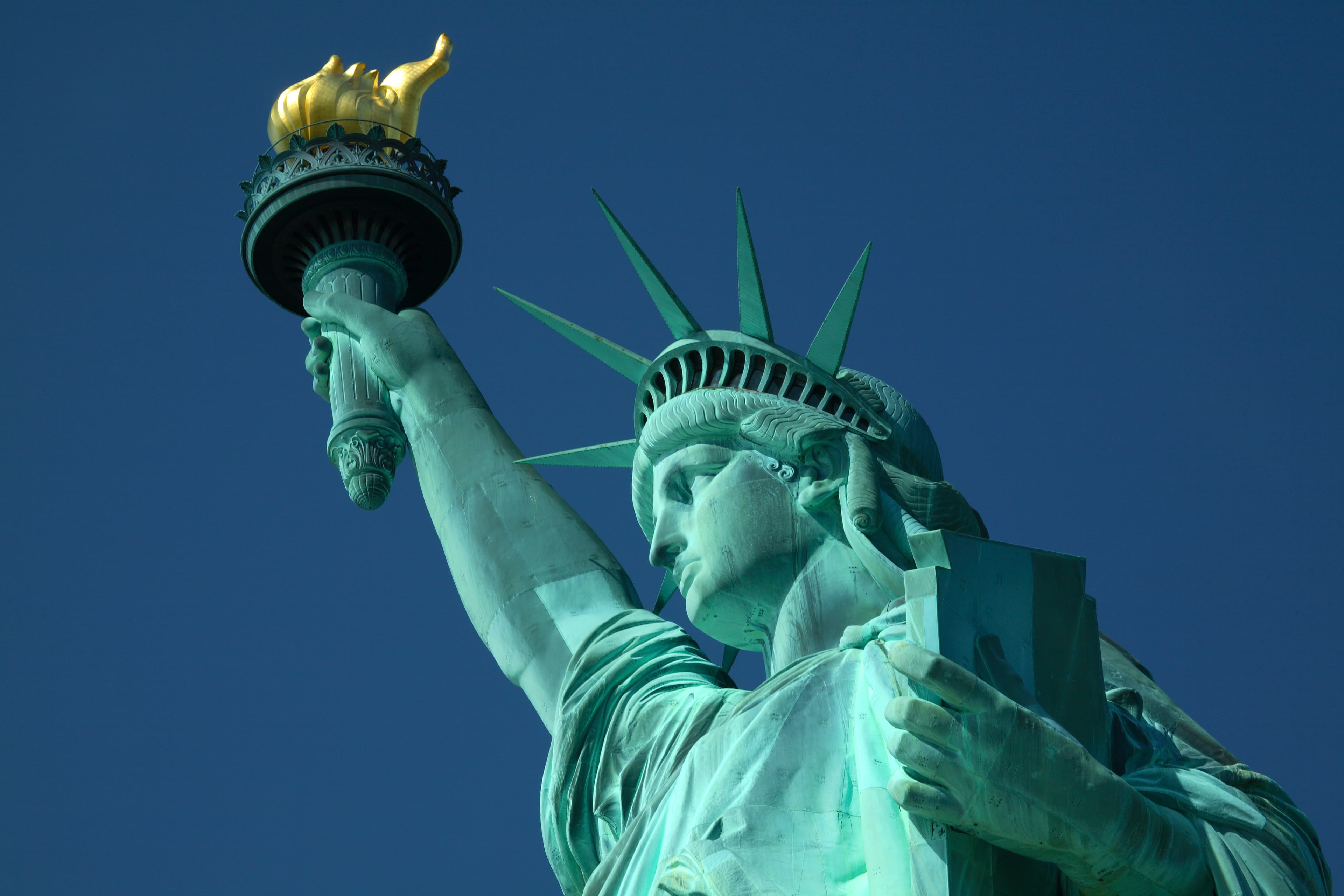
Faith and Freedom: Constitutional Law and Religious Liberty
Course Description
Religious Liberty has been of central importance to the United States before it even came to be. European settlers came to the new world in part so that they might practice their religions in freedom. Yet the United States is also a country that explicitly rejects the notion of an established religion. The American Constitution enshrines both these principles in the Establishment and Free Exercise Clauses. Over our history, the combined meaning of these clauses has been considered and reconsidered in Supreme Court cases from Reynolds v United States (1878) to Our Lady of Guadalupe School v Morrisse-Berru (2020). New cases are coming before the Court this year. Join us to consider the nature of religious liberty, its legal history and current constitutional questions. We will also study religious liberty as it affects contemporary domestic and foreign policy.
Simulation
Highlighted Seminars
- What is Religious Liberty?
- Liberty and Disestablishment: The Origins of Religious Liberty in the United States
- Religious Liberty in American Foreign Affairs
Capstone Project
Candidates will showcase their newly gained policy insight by completing their choice of an op-ed or policy memo. Projects are due a week after the end of program and will be assessed by committee upon the basis of their strategic soundness, original analysis, and grasp of the policy area. The quality of this project will determine if candidates are awarded the certification.
Eligibility
Our Policy Certificate Program is seeking an accomplished cohort of early career professionals who demonstrate capability and interest in American foreign and domestic policy issues. The selection committee will consider a candidate's subject matter expertise, creative thinking, writing ability, and professional background.
